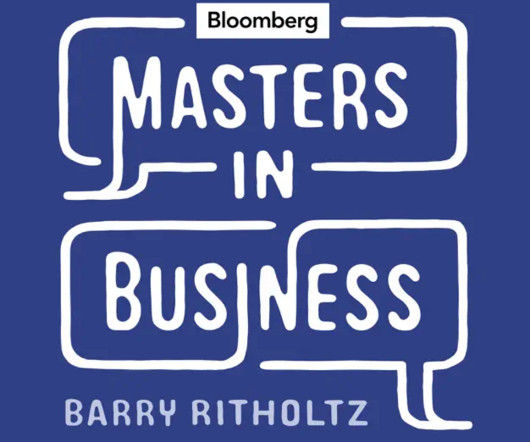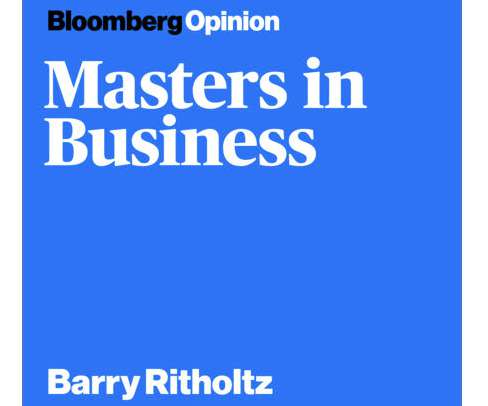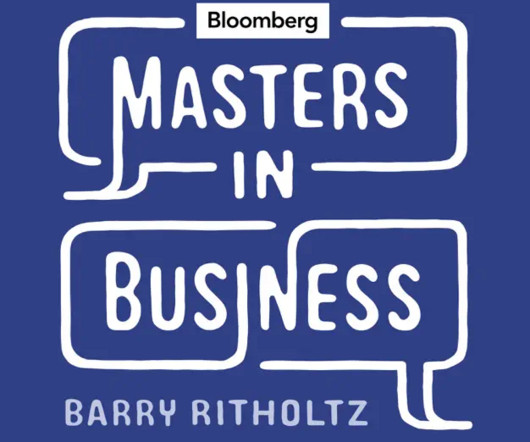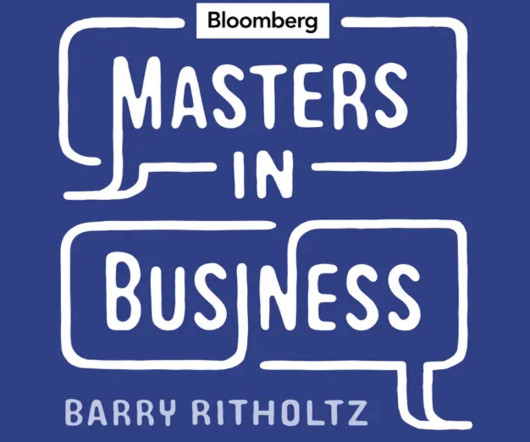Transcript: Greg Davis, CIO Vanguard
Barry Ritholtz
AUGUST 29, 2023
They create the benchmark. So when there’s a major turnover like that that happens, you always have the option, “Hey, can you do it exactly on the time that it enters the benchmark? And 87% of our active fixed income funds have outperformed their benchmarks on a three year basis against their benchmarks.

















Let's personalize your content